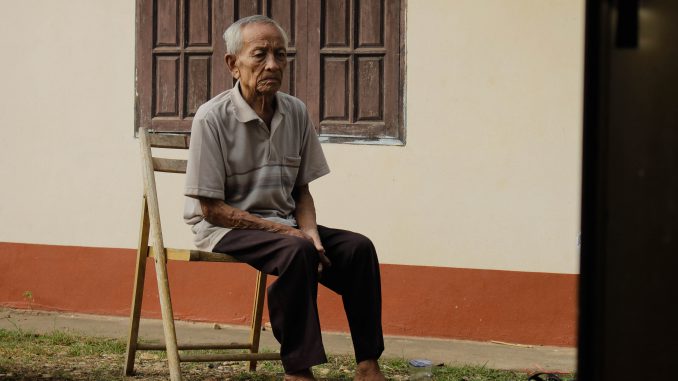
It was the beginning of the semester when towards the end of my second class, a peer asked, “Do you want to grab lunch together?” Being indifferent towards the idea but not seeing any point in declining, I agreed. And so we ate at the food court and filled the time with some ice breaker questions before leaving for our next classes.
A few days later, the same thing happened again. And again after that. After a few more days of this, silence started to fill the space. But the invitations kept coming. It didn’t take long until I questioned the insistence to have lunch together. The reply was short and simple: “Oh, I just don’t like to eat alone.”
The answer baffled me: partially because of the unexpected nonchalance of her delivery, but mostly because I’m used to — and very comfortable with — dining alone. Nonetheless, it got me questioning a few things. Why would one ask to dine with another if there’s going to be no dialogue or interactions? What does this discomfort in eating alone mean? Does it come from the act of eating alone, or being seen eating alone?
Regardless of what this discomfort might point to, my guess is that the totality of it leads to one thing: an overall discomfort with solitude. It made sense to me when I thought about it. Many associate solitude with loneliness and the stigma behind it is almost always negative. Solitude in the public’s eye might define you as a person who’s unapproachable, undesirable, or uninteresting, because opposite traits don’t repel — they attract. Therefore, wouldn’t that mean I’m just a means to masquerade something? As time goes by, this train of thought was endless as it had already escalated to an existential level.
To me, solitude paints an opportunity for reflection, planning, peace and quiet from all the noise and stress that accumulates throughout the day. But to others, what does solitude entail? I figure some might say it can be depressing and unnatural to eat alone, since dining with company has been a universal ritual since… forever? (For example, the French have always valued mealtimes as a time of communion, getting together at fixed times every day for that very reason.) But even though studies have shown that eating with people is better for our well-being, I would still happily choose to dine alone with my own entertainment and accompanying thoughts. What’s better than recharging your social battery and keeping things light, on your own terms? And as for the lunches with said peer, it seems that they’ve found a new buddy.
Bon Appetit my friends.
